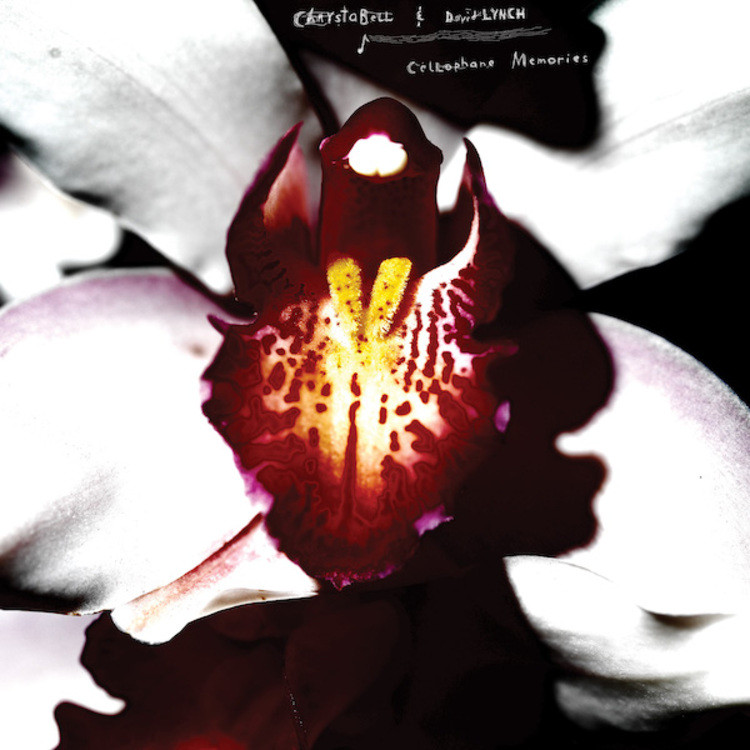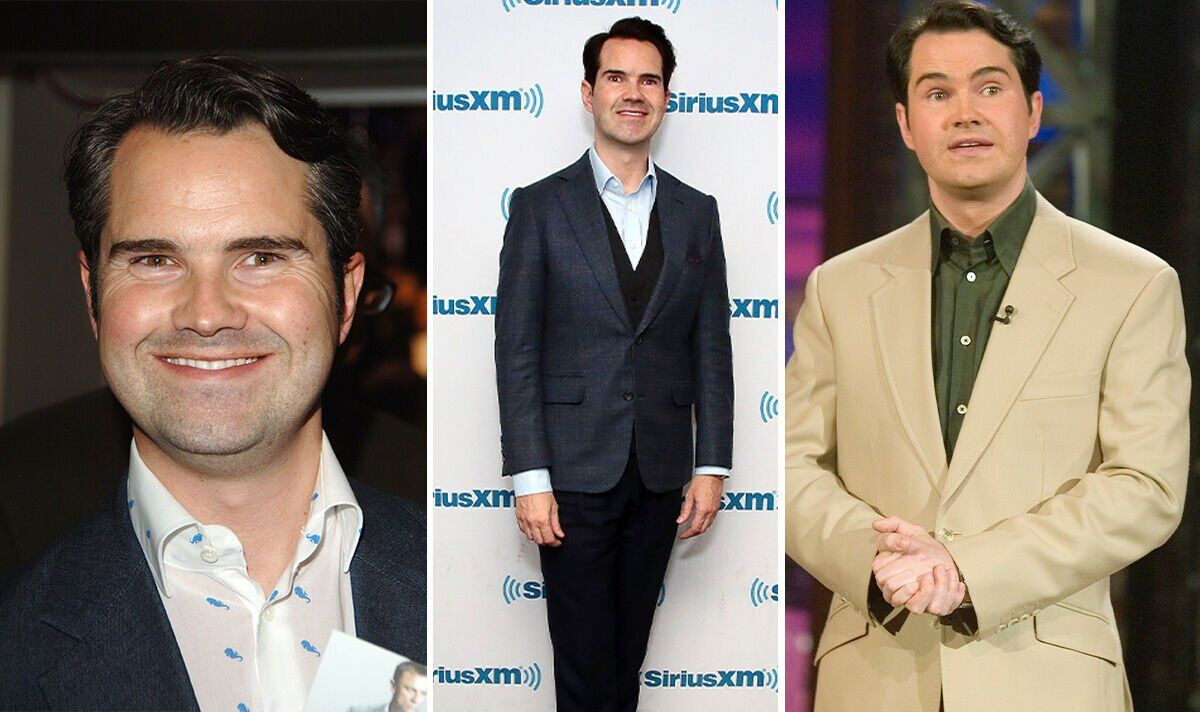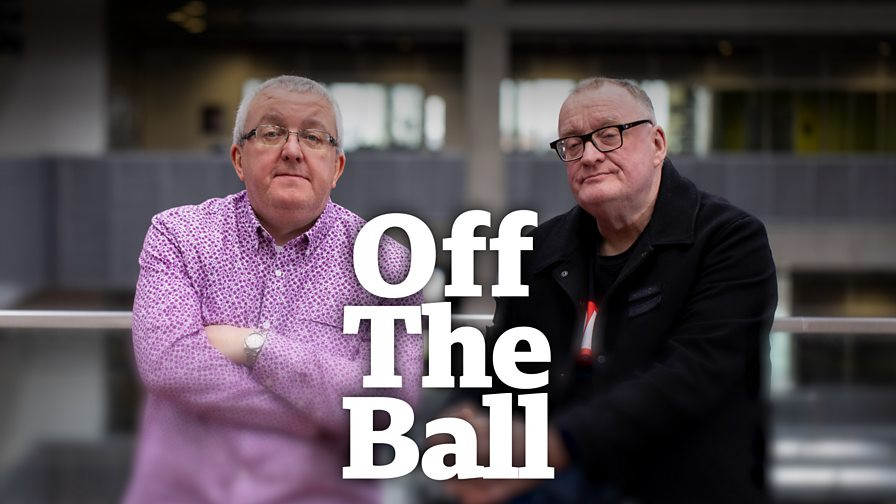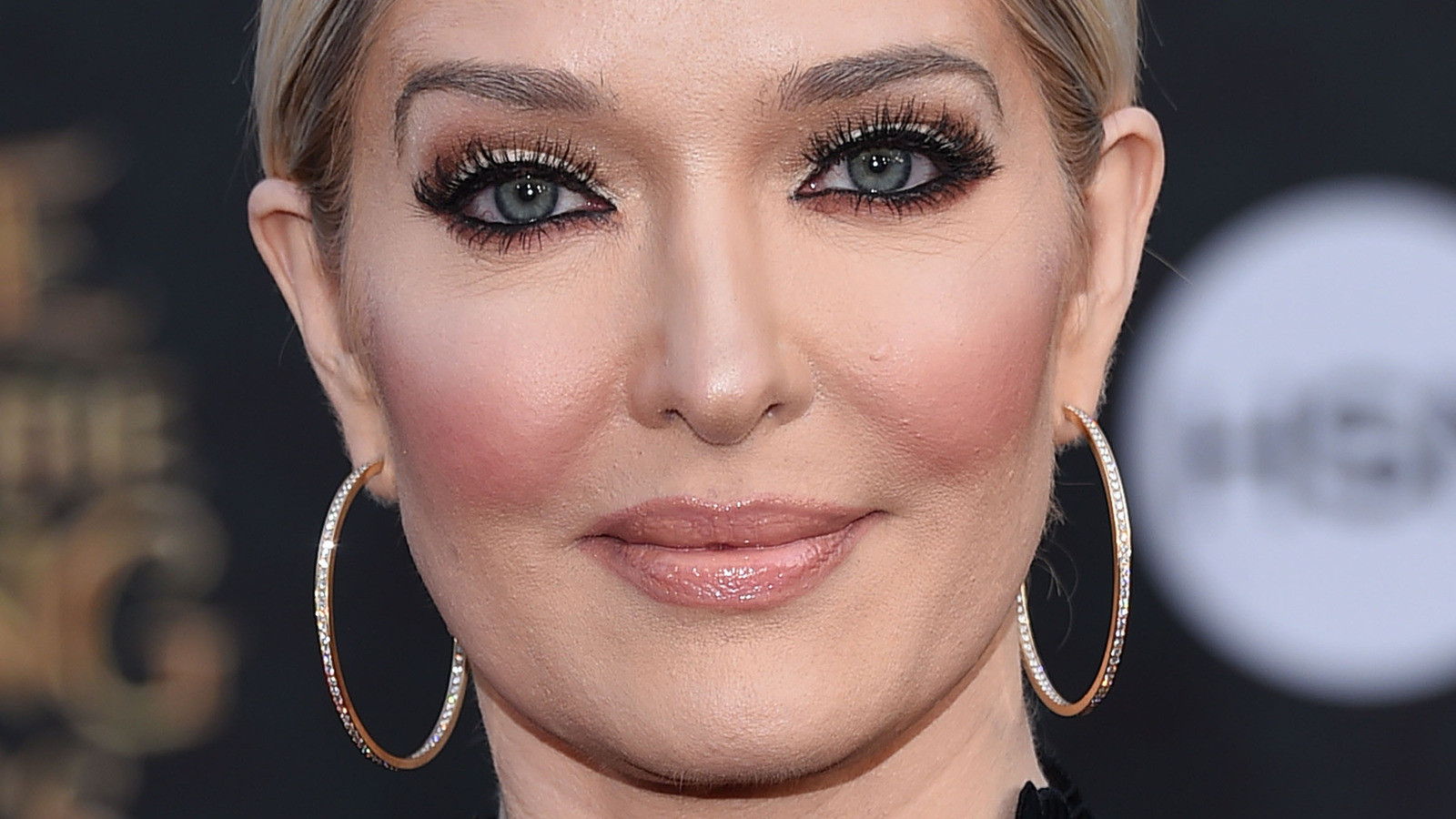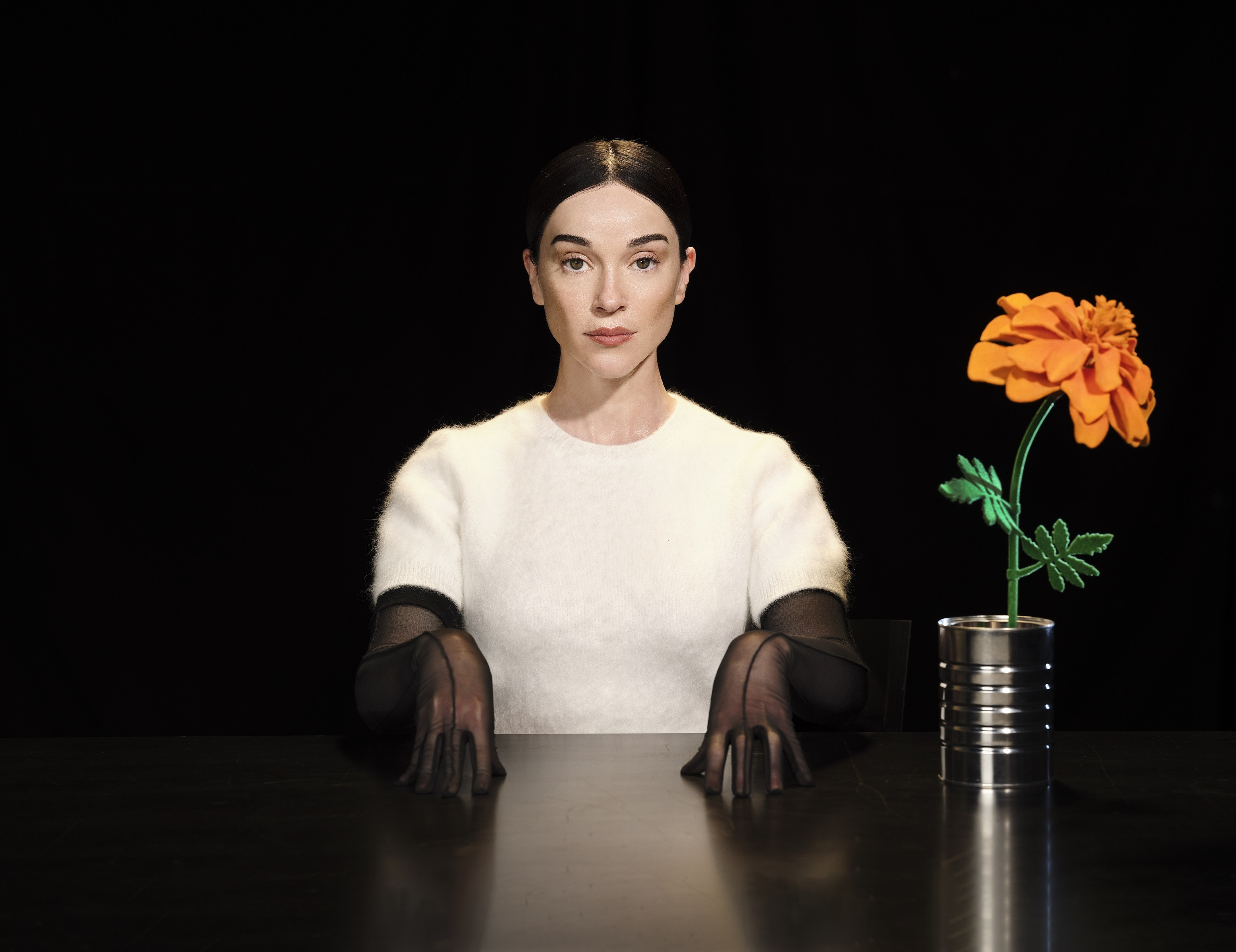By the time 19-year-old singer Chrysta Bell Zucht met director David Lynch at the turn of the millennium, she’d already experienced more excitement than most people who make it to 90. 26 years later, Cellophane Memories, her second full-length project with the beloved director, has arrived. Like Chrystabell’s life story, the album blurs the lines between dreams and reality.
The daughter of a hot-air balloon pilot and a deliverer of singing telegrams, Chrystabell knew the wonders of road and sky before she could talk; both parents often brought her to work. From her father, Arthur Darling Zucht III, she inherited “a great reverence for humanity and a deep excitement for waking up in the morning,” she says. Beyond the hot air balloon rides, he’d take her on long, slow drives through San Antonio in the classic cars he had access to as chairman of the Texas Transportation Museum. “When I tell you I went to school in a vintage fire truck… You can’t make this stuff up,” she says. “It either happens or it doesn’t.”
From her mother, Sunny Markham, she learned music’s capability to effect joy. Chrystabell still remembers the smiles of gratitude on the faces of those receiving Sunny’s telegrams — custom-written for each recipient — which she delivered wearing a sequined leotard, fishnet stockings, red stilettos, a top hat, tails, and a bowtie, carrying an average of 16 balloons (“the icing on the cake”).
Chrystabell would later take the odd vocal lesson, record commercial jingles, perform in high school and community theater musicals, and sing at weddings and memorial services next to the woman who raised her. But she credits these moments, watched from the window of her mom’s tiny car, as the foundations of her music education. “The training was that desire to create something with my voice, something of value to those hearing it,” she says.
Arthur and Sunny split when Chrystabell was young, and Sunny married San Antonio composer-producer-engineer Mitch Markham— they’d met when she was hired to sing a jingle he’d composed. They’d go on to co-found a studio specializing in music for advertisements, where Chrystabell had her first vocal session at age 11. “It was total nepotism at that point,” she says. “I was the kid who was available.”
Crystabell went on to join the successful Texas swing band 8 ½ Souvenirs, whose manager introduced her to Lynch through an agent. They immediately got to work. “What appealed to me as much or more than her voice was her ability to tune in to something new and instantly understand what I was talking about,” Lynch told the Los Angeles Times. 25 years, two joint albums, and a TV season later — Chrystabell played Special Agent Tammy Preston on Twin Peaks: The Return — that mind meld still holds strong.
Attuned to the same astral frequency, the two artists stand on opposite ends of the plane, achieving a delicate balance between Chrystabell’s mystical worldview — “fairies and unicorns and iridescent hummingbirds and dragonflies,” she says in summation — and Lynch’s vantablack vision.
Like their first collaborative LP, This Train, their new album was a decade in the making. Constructed slowly across Chrystabell’s stays at Lynch’s L.A. home, the album is a self-contained sound world, where verdant synth strings form the blurred bedrock of a strange and sometimes-sinister Salton Sea, wistful guitars glitter in the night sky, and Chrystabell’s unmoored alto soars and dives between the air and water molecules.
When I call Chrystabell to discuss her and Lynch’s surrealist opus, she’s at home in La Vernia, Texas, on the property Arthur Darling Zucht III bequeathed her upon his passing. What was once a hot air balloon launch zone is now the natural burial cemetery Zucht founded later in his life as an alternative option for those who prefer organic decomposition to the death industry’s current conventions; Chrystabell now acts as Countryside Memorial Park’s president and official steward. Sitting in a home her mother built on the grounds, surrounded by bodies returning to the earth, she speaks the language of a dream.
The FADER: Your father was a cemetery owner and your stepdad was a studio exec, right? What were your relationships like with the two father figures in your life?
Chrystabell: They were eccentrics — very different, but both huge factors in the woman I became. They adored me in their different ways, but I didn’t have either of them for very long. I guess that was the universal deal I made. I had permission to do whatever I wanted, total support to pursue my wildest dreams.
Did that total freedom ever get you in trouble? You told a story to W Magazine about splashing around at SeaWorld for the pilot of Spanish Star Search, trying to pretend you spoke Spanish.
Oh, we’re gonna talk about that?
We don’t have to.
No, it’s OK, I love talking about it. I’m at an age now where I can look back and be like, “Oh my goodness,” with all the appropriate embarrassment, but also, “Look at her, all she was, all that she was trying to do.”
I tried ad nauseam to do movies, commercials, anything really. I had a lot of “almost you, but no”s, and then I got this one break; I was chosen by this very famous kung fu director Sammo Hung to be in his film [Once Upon a Time in China and America]. That was my first “Yes, it’s you,” my first experience of being chosen after all the rejections. Yes, my mother was hiring me to do session work at the studio, but it was different than someone completely unrelated saying, “I know you’re the one for this.”
After getting that lovely “yes,” I moved to Austin when I was 18, still thinking, “Maybe I’ll be an actress/cocktail waitress and have a Fabulous Baker Boys existence. But the moment I tried to get the cocktail waitress job I’d visualized for myself — leaning against a piano, smoking a cigarette, holding a martini — the woman hiring me was like, “My husband’s in a band and they’re looking for a singer. If you don’t get the gig, you can come back here and be a cocktail waitress, but I’ve got a feeling about you.”
Because I was so laissez-faire, I was like, “Sure, I’ll audition for a band.” I didn’t know or care, but it turned out it was the most coveted position available to a singer in Austin at the time. 8 ½ Souvenirs ended up being the next four years of my life — an education that even my dad couldn’t buy. He was like, “Honey, join the band. You could spend $100,000 and eight years in college and grad school and never have that experience.” He was right.
There was about a decade gap between the time you left 8 ½ Souvenirs and the release of your first album with David Lynch in 2010. I know your work with David started well before that, but what else were you doing in the interim?
This Train took 10 years to make. In the meantime, I was a hired vocalist and songwriter for many other bands, and I was doing a lot of corporate gigs where your superpower is being able to walk into pretty much any situation and deliver.
For instance, you’re standing on a center platform amidst 4,000 Microsoft executives at eight in the morning, improvising opera to symbolize the golden voice of the consumer. Your cue comes in at 10 minutes, 47 seconds, and you sing for precisely 49 seconds and then pause while an announcement is made. You get paid X amount of dollars for this.
Now you’re performing at Michael Jordan’s birthday party in the Bahamas. You’re in the water with an electrified microphone. You’re given these insane situations under which to be creative and emotive, and you learn to embrace whatever’s happening.
By the time This Train was released, I was so ready. I’d lived so much more life by that point and could deliver the songs with so much more inner awareness than I’d had when I was 19, when we started the record. I can look back now and understand why it took so long for that to crystallize. it needed time to form within me so I’d be ready to put my weight behind it and deliver it to the world.
You’ve described Cellophane Memories as “mood music… not that it creates a mood, but more that it reflects your own,” which is a great description of ambient music in general. Do you consider this album ambient?
It would make perfect sense to me if someone called it that, but I’m too intimately involved to know the genre. There’s an ambient element, in that a passive listener could really enjoy the mood that’s created. But if you interact with it [more deeply], there are disruptions that could be seen as invitations to get into a different place in your mind, to push open a door that might have been stuck — to a memory that hasn’t popped up in a while or a feeling you don’t always have access to. I don’t know that these will be comfortable invitations for everyone. They might be initially awkward, but then they might unfurl into something that’s only made possible by that slight friction.
David has said lyrics flow from him to you organically. The subject matter of these songs is often vague or obscured. How important were the individual lyrics to your performance?
They were imperative. Even if you can’t make out the lyrics in some of the songs, they put me in the mood for the delivery. I would look at these lyrics, like, “How on earth is this singable? How can I even phrase this?” It was a leap of faith, a headfirst dive into the abyss.
David’s got this antenna tuned to a very different frequency, but [his words] had qualities that put me in a state where I was able somehow bring them together. I’ve spent years writing lyrics that didn’t have the same impact as something David and I made in minutes, and it’s not that I’m a bad writer; it was just that this alchemical environment was ripe for what happened.
So the instrumentals inspired David’s poems, and David’s poems inspired your melodies?
The music we were looking for didn’t have any lyrics or words attached to it. We were looking for moods, so we’d listen to the sounds in our vast archive, and when we found something, David would write the lyrics. When he was done, he’d hand it to me, like, “Okay, your turn, we’re rolling.” I’m like, “Fuck, this is so over the top. I’m just gonna sing it right now, whatever comes out.” All these elements you wouldn’t think were fecund environments for music creation ended up creating this other thing. I don’t think there’s any other way this music could’ve happened.
Listening to Cellophane Memories feels like being in a strange dream, much like watching Twin Peaks or any of David’s films. He’s talked at length about getting his ideas from dreams. Do you do that, too?
For me, it’s more the feelings that dreams make, the otherness of dreams — waking up and having these dream memories that are more like gauze than velvet. That transparent, ethereal quality is something David and I are both drawn to. It’s also a quality of meditation.
There’s a quote at the end of The Return that’s always stuck with me: “We are like the dreamer who dreams and then lives inside the dream.” What does that mean to you, and do you feel it applies to this album and your life in general?
I am the dreamer. I’m dreaming you right now. Whatever feelings I’m bringing to this, whether I’m excited or irritated, will be my experience. It’s such a precious thing to surrender to that idea rather than feel like your experience is dictated by what’s going on around you. Other people’s dreams — unless they’re compatible with mine — don’t exist for me. It’s not that I’m impenetrable; it’s that I’m dreaming the life I want to experience.
I’m dreaming you, and I’m dreaming a lovely feeling that we’re sharing in this experience of conversation. I’m dreaming that I’ll feel fulfilled and enlivened, and that you will, too. That’s my dream. Whether or not it aligns with your dream, I don’t know; and frankly, darling, it doesn’t matter. I have no control of that.




